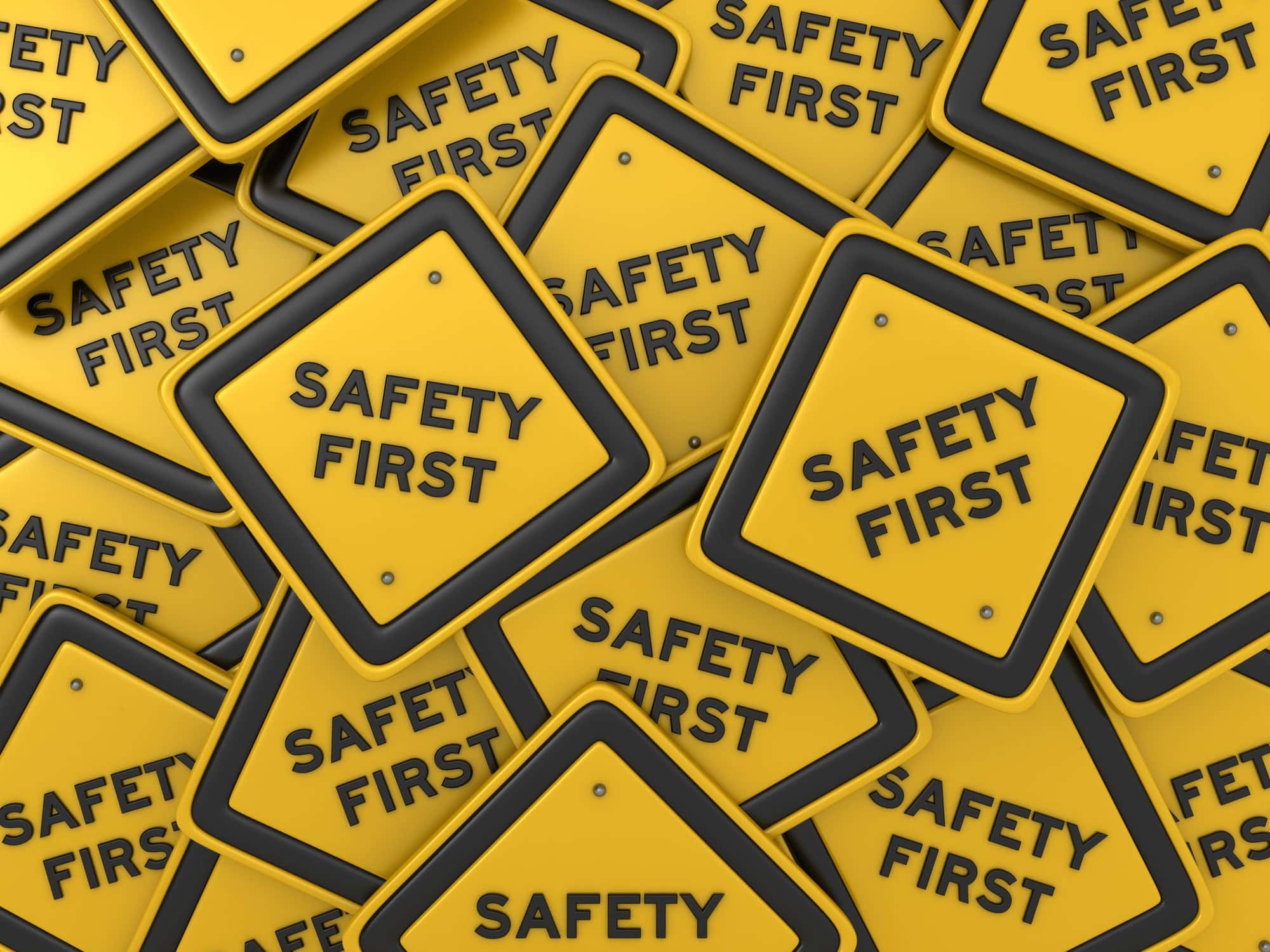
When the power goes out to your North Carolina home, you can rest easy with a backup power generator. While generators are helpful, they do come with some safety risks that you should be aware of. Before you start using yours, make sure you check this list of generator safety tips to ensure you are doing so safely.
1. Protect Yourself from Carbon Monoxide
Generators create carbon monoxide as they burn fuel to create electricity. When operating, always run it outdoors in an area with ample ventilation. Do not run it in your garage. Also, make sure the generator vents away from any open windows. To stay safe, run the generator at least 20 feet away from the house.
2. Plug in Properly
Never plug your generator into the wall. This can create back feed. When plugging items into the generator, use heavy-duty extension cords, preferably with surge protection. This is particularly important for appliances.
3. Fuel Safely
Before adding fuel to the generator, make sure it is cool. If you’ve been running it for a while, turn it off and allow it to cool before adding fuel. Adding fuel when the generator is hot can create a fire hazard.
4. Choose the Right Generator
The generator you use is also important. To choose the right size, add up the power requirements you will need during a power outage. Then, choose a generator that creates more amps than you need. Many appliances use a huge burst of power when first starting up, so you’ll need a little extra power to start.
5. Keep the Generator Dry
Power outages often happen in poor weather. However, it’s important to keep portable generators dry. If you must run one in the rain, and if applicable due to the weather elements use a tent to keep it shielded from the water, and follow other safety measures outlined in the user manual.
These backup power generator safety tips brought to you by Jackson & Sons. Serving the HVAC needs of Eastern North Carolina since 1974.